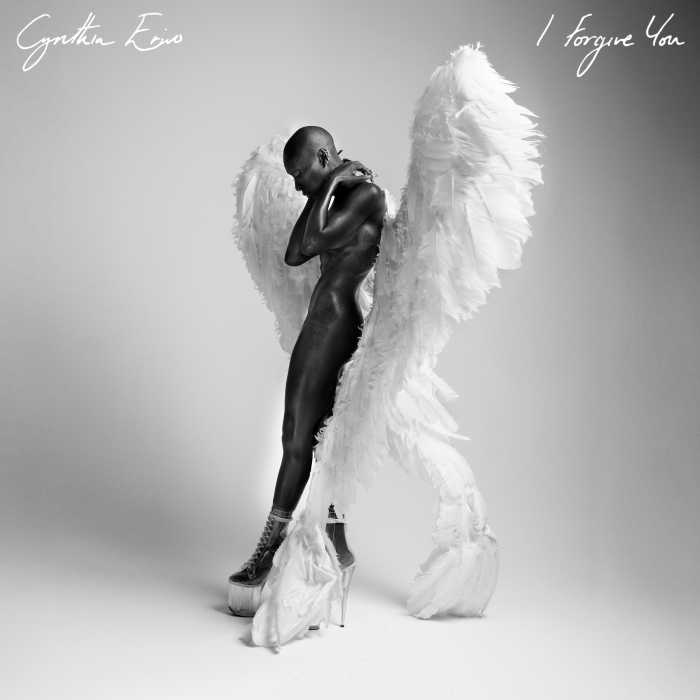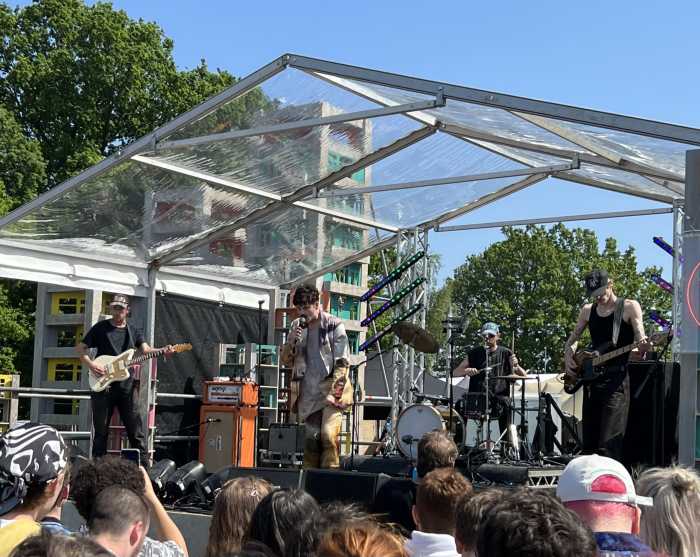BY DAVID SHENGOLD | Sarasota Opera makes a great weekend destination in February and March. Between the four operas – presented with care and textual fidelity – one can hit the beach or pool, check out manatees and dolphins, and explore the worthwhile Ringling Museums. Good seafood abounds.
After a long capital campaign, the company has completely renovated the 1926 auditorium they perform in; everything is handsome and comfortable with the signal exception – due to side aisles having been eliminated – of the crowd flow during intermissions. Still, this is a very fine smaller theater, and an increased pit will allow completion of general manager Victor DeRenzi's “Verdi Cycle,” begun in 1989. Sarasota has long been a destination for those seeking stagings of Verdi's less performed works and “multiple editions;” this year witnesses “I due Foscari” while next year promises “Don Carlos” using the vastly superior original French text. But now Verdi's biggies – “Aida” and “Otello” – are conceivable without musical sacrifice.
Sarasota Opera scores with Puccini's “Rondine”
My schedule only permitted me one opera: Puccini's bittersweet “La rondine” (“The Swallow”) on its opening night, March 8. This attempt to tell a “Traviata” story in terms largely drawn from Viennese operetta is suffused with late fin-de-siecle mores – the lead, Magda, declines marital happiness with the love of her life because his mother's letter unwittingly reminds her of her “sinful” past and she can't bear to be brought into her presence.
Why doesn't Magda fight for Ruggero? One possibility the text offers is that medically she can't bear the children he and the mother obviously expect, but I've never seen that explored, and Michael Unger did not do so here. Unger's direction was fluid and sensible throughout, with the tricky scene of the two lovers not quite meeting in Act One handled well on Michael Schweikardt's aptly lavish set.
Schweikardt and costumer Howard Tsvi Kaplan (whose designs were otherwise excellent) needed to find some way for their leading lady to negotiate stairs more elegantly in the final act than hitching up her dress, but that was a rare lapse. Choreographer Diane Partington made the best of what may have been a budgetary imperative by giving Act Two's choristers who represented students and grisettes music hall maneuvers to execute with gusto rather than bringing in the usual professional dancers whose expertise would have belied the working class café setting.
“La rondine” stands or falls with its Magda. Georgian soprano Lina Tetruashvili proved a real find. Petite and attractive, with a smile that can turn wistful, she embodied the character's yearning gracefully and sang with excellent phrasing and a dark lyricism well suited to this testing role. I'd like to hear her as Mimi, Nedda, and Mascagni's Suzel. Christina Bouras made Lisette a delightful Andrea Martin-like comic foil, her fine voice expressive if not always in focus at climaxes.
Neither tenor had the “wine and sunshine” italianate timbre their music demands, but both gave satisfying portrayals, with Ryan MacPherson a musical if narrow-toned Ruggero looking – aptly – like an Arrow Shirt model. Both he and Andrew Drost (Prunier, the gayest character in Puccini, who vets his putative girlfriend's hats and shawls and tells fortunes with the ladies while the other guys chomp cigars and read the Business Pages) essentially have useful “character” voices with exceptional ease in the very highest notes. Craig Philips, a fine stage artist with a good bass-baritone, made a creditably gallant Rambaldo.
The charismatic Michael Tilson Thomas brought the San Francisco Symphony in very good form to Carnegie Hall March 12. I endured one of Sibelius' symphonies to hear Deborah Voigt essay the “Four Last Songs” of Richard Strauss, music that would have suited her sublimely a few short years ago. It may have been overly ambitious for her to attempt this concert two days after her first Met Isolde. At any rate the Strauss found her in rocky vocal estate almost throughout, with pitch problems, attack problems, a short breath line, little tonal core in the middle, and – oddest of all for her – little refulgence or shine on top. Nor did words or mood come to life. The final “Im Abendrot” came off a bit better, but this was a sobering showing from one whose Strauss singing has long been exemplary. She won cheers, perhaps from people who had never heard this beautiful music before – the playing was excellent, with the concertmaster as expressive as the soprano wasn't.
Happily, after intermission, Samuel Barber's 1963 concert scena “Andromache's Farewell” found Voigt in much improved voice, columnar and steadier if still a touch spread on high notes. Premiered and memorably recorded by Martina Arroyo, the showy work repays hearing. The orchestra played wonderfully, with bravura violin work at the start. Despite using a music stand, Voigt sang with considerable expression; English language rep sings to bring out the best in her arsenal – perhaps one day she will give us Ellen Orford in a – restaged, one prays – Met revival of “Peter Grimes.”
David Shengold (shengold@yahoo.com) writes about opera for many venues.


































